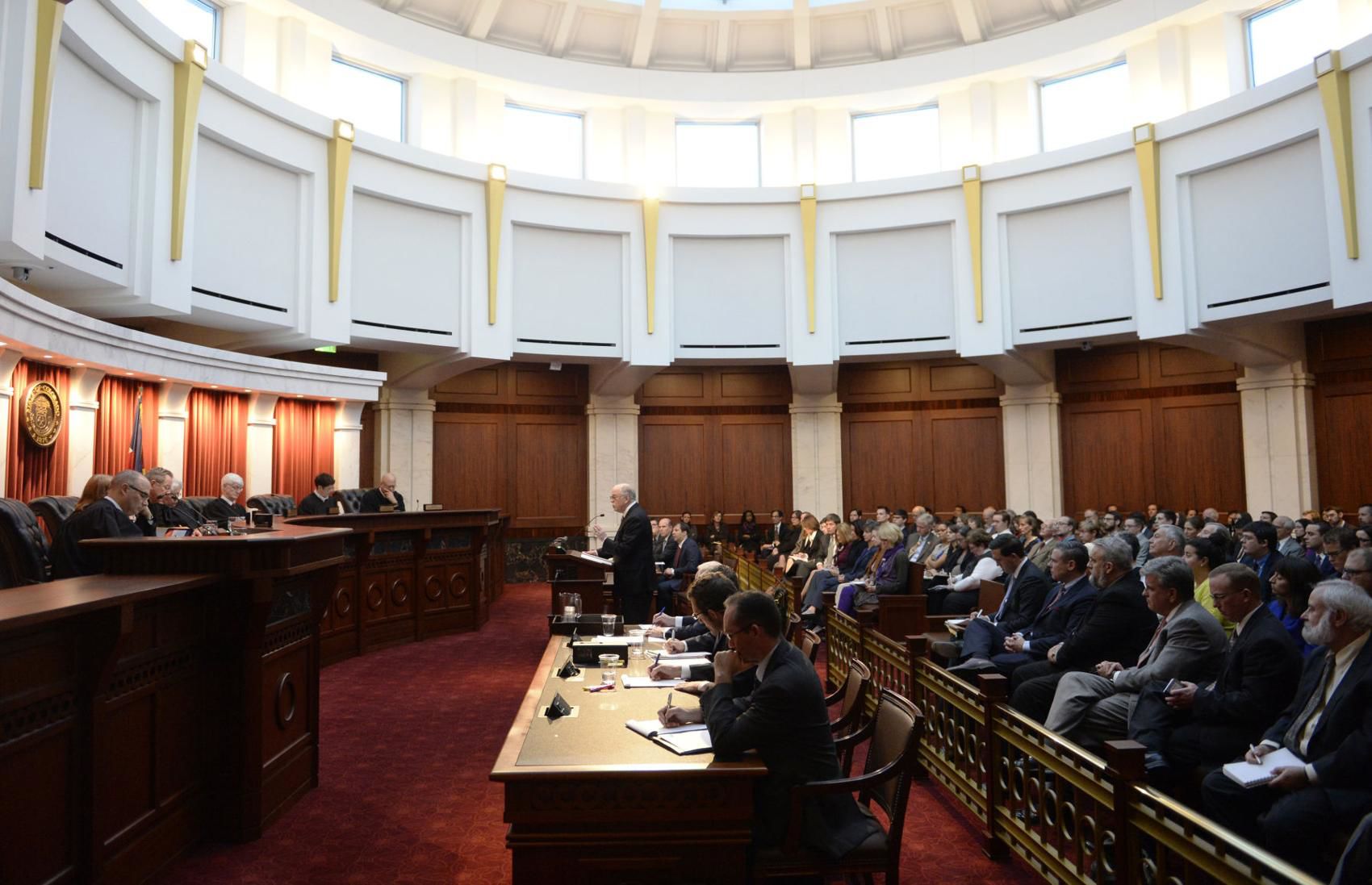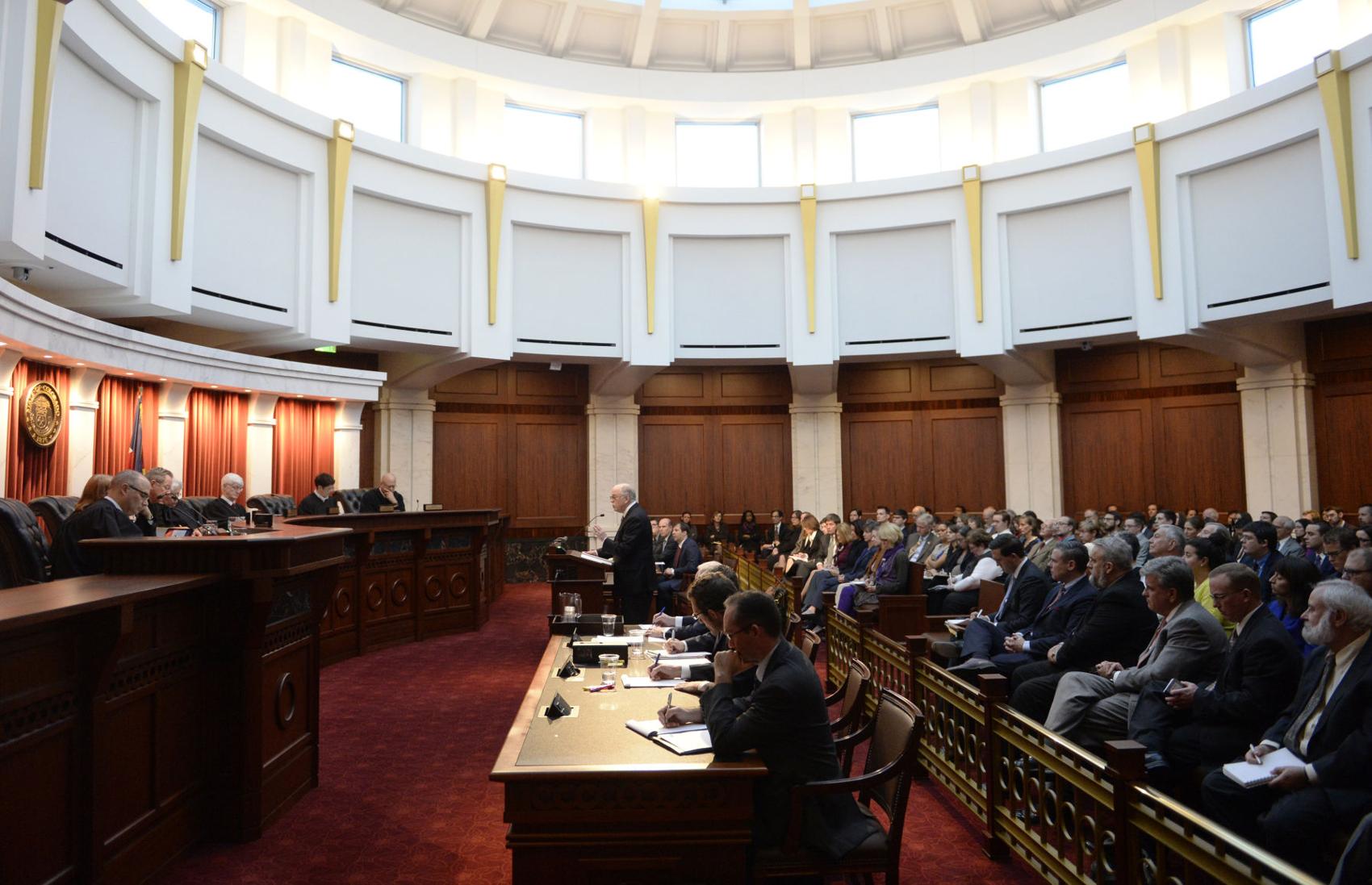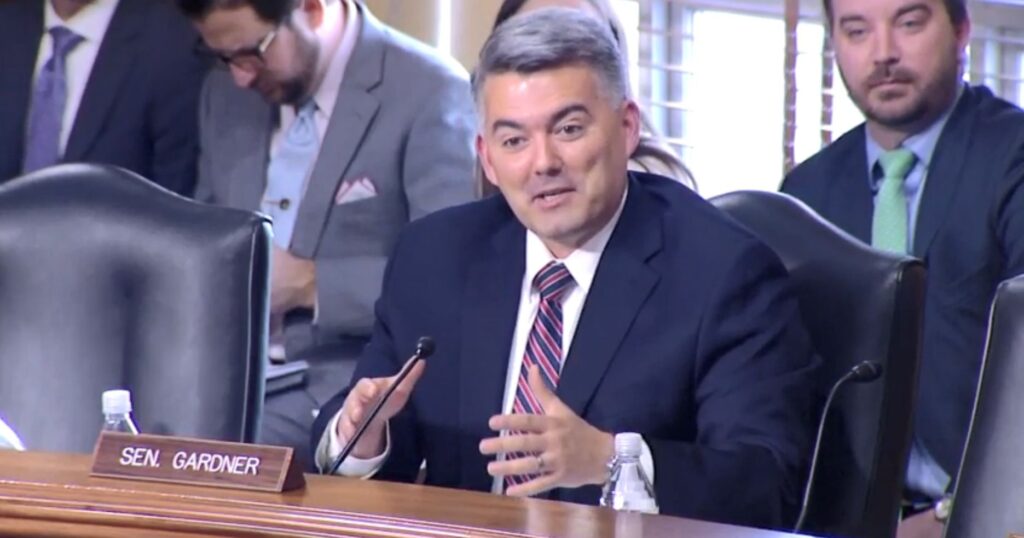State Supreme Court to take up case on expert witness testimony

The Colorado Supreme Court announced this week that it will decide whether expert witness testimony by those who are not familiar with the case at hand is permissible in domestic violence trials, if the testimony does not adhere to the facts of the case.
Courts in Colorado have recognized that there is value in certain trials of having subject matter experts testify, even though they have not typically met the victim or performed an examination of either the victim or the defendant.
In domestic violence cases, the expert witness serves to inform the jury about patterns of behavior in abusive relationships, such that jurors do not come to scientifically unsupported conclusions about why a victim acted in the way that he or she did.
In the summer of 2013, Kerry Lee Cooper and his partner, identified as L.K., got into an argument over the placement of an electric fan. L.K. testified that Cooper shoved her face into the fan’s blades, prompting her to hit him. Cooper proceeded to punch her, grab her by the jaw and, when she did not follow his instructions to stop screaming, beat her with a tire iron. Cooper later maintained that L.K. had been the aggressor, and admitted only to pushing her on the forehead.
At Cooper’s trial, the prosecution brought in an expert witness to testify on the characteristics of abusive relationships and the dynamics of power and control that manipulate behavior. A jury acquitted Cooper on charges of menacing and cruelty to animals – stemming from Cooper’s dog entering the room during the altercation – and convicted him of third-degree assault and harassment.
The Colorado Court of Appeals considered whether the District Court erred in admitting the expert witness.
The danger of such testimony, Judge Michael H. Berger wrote, is that the expert can bolster one witness’s credibility at the expense of another’s, and that the jury may rely on the expert’s general testimony to make factual findings about the case at hand.
“No evidence presented to the jury proved or even suggested that prior to the charged incident Cooper had assaulted, or physically or nonphysically abused, L.K.,” Berger wrote. Adding that there was no indication of a cycle of violence or control over L.K., “the expert was permitted to give extensive testimony about how domestic abusers exercise such control”.
The witness testified to the fact that victims of abuse often stay in the relationship and are the targets of additional violence. However, the testimony did not fit with the facts of the case, the appeals court found, because L.K. left Cooper’s home after the incident and never returned. The appeals court went so far as to create a table of the expert’s statements, noting relevance or irrelevance of each component of testimony to the actual circumstances.
The court deemed, for instance, the statement that “domestic violence offenders know that it’s really effective to threaten children or try and manipulate children in order to control their victim” was irrelevant to Cooper’s situation.
Writing that the expert testimony “may well have caused the jury to infer that there was a prior history of domestic violence,” Berger reversed Cooper’s conviction and ordered a new trial.
Judge Gilbert M. Román agreed with the majority that the expert witness’s testimony was irrelevant because the case lacked a history of abuse. However, he believed that the admission of the testimony was harmless because the jury surely saw from the photographic evidence of L.K.’s injuries that Cooper’s defense of using “no degree of force” on her was not credible.
“Although defendant pled the affirmative defense of self-defense, which is his right, he denied any involvement in all of the victim’s injuries,” Román wrote. In arguing for Cooper’s conviction to be upheld, he concluded that “the jury was well within its right to simply not believe defendant’s account of what happened regardless of the improper domestic abuse testimony.”
The case is The People of Colorado v. Kerry Lee Cooper.













